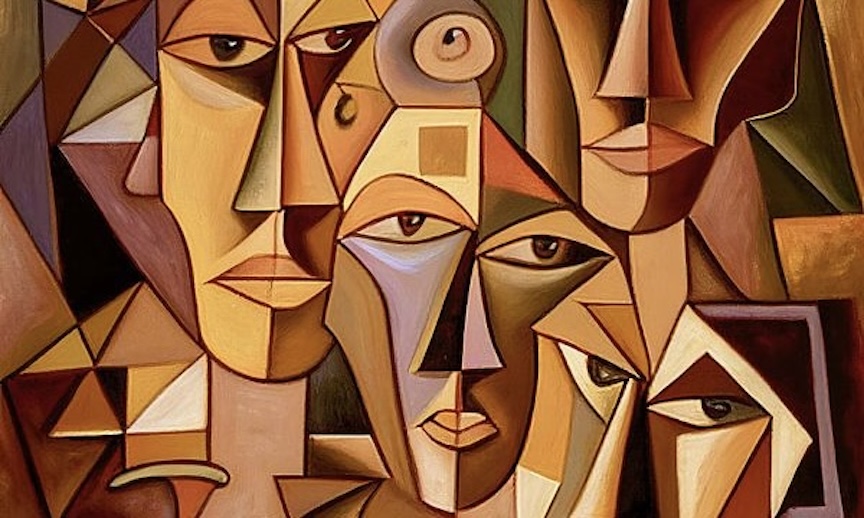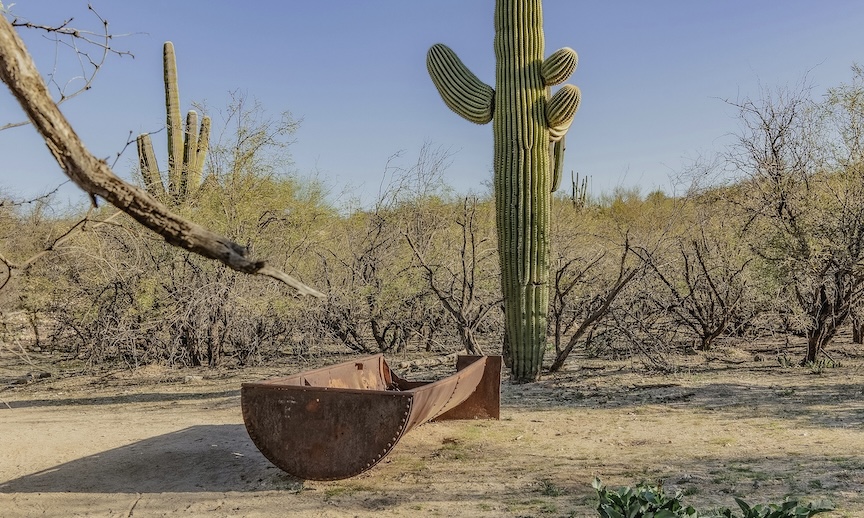SPLIT THE DIFFERENCE
Novelist Ann Brashares wrote, “There are two kinds of people in this world. The kind who divide the world into two kinds of people, and those who don’t.”
“There are two kinds of people…”
The phrase is a setup for many wry observations about humanity. There are those who love to talk and those who hate to listen. Those who walk into a room and say “Here I am!” and those who walk in saying, “There you are!” Those who do the work and those who take the credit.
Sometimes it’s just silly. Dog-people and cat-people. People who squeeze the toothpaste out this way or that. Or cut their grilled cheese up and down or diagonally.
As a rhetorical device, it can offer a clarifying frame, compelling a choice in a useful way. There are those who leave a mark and those who leave merely a stain. There are leaders and followers, tourists and explorers, optimists and pessimists. There are those who return their shopping cart and those who don’t. Which kind do I want to be?
Lately, though, more and more I’ve found such binaries troubling, forcing a ruthless divide that at best oversimplifies our nuanced and complicated world, and at worst turns us into each other’s enemies. There are two kinds of people in the world — us and them, those who agree with us and those who are wrong/evil/bad/stupid. This paradigm gets exploited by politicians, activists, and fundraisers. It’s exacerbated by social media, nonstop emergency news reporting, and general information overload. We position ourselves and each other in a way that is mostly unnecessary and wholly incomplete.
Amanda Ripley wrote about this in an opinion piece in the Washington Post last week: “Why We Split the World into Good and Evil.” She notes that in times of stress, human beings tend to retreat into black and white thinking. It offers a refuge from reality’s confusing and frightening complexity and from our own ambivalence about everything. A true-false test seems much easier than a thoughtful essay, after all, or a multiple-choice when there are infinite choices. The unfathomable depths and transcendent heights of our glorious being is too much to hold all the time. So we manage it by simplification.
Unfortunately, what happens when we reduce life to yes/no, for/against, good/evil is that it gets… well, reduced. We diminish life and we diminish ourselves. The endless richness, beauty, and variety of the world is narrowed down to two, and we decide that one of them is a lie. We sacrifice inquiry and discovery in favor of preserving what we already know or already think we know. Wonder becomes wishy-washy, complexity becomes cowardice. It’s brutal.
Psychologists call it “splitting” when we divide the world or people or life into stark either/or extremes. We split ourselves from others. There are two kinds of people in the world — those who agree with me unquestioningly, and those who must be destroyed.
There’s a subset of jokes in the genre: that there are two kinds of people in the world, and that they tend to marry each other. For example, there are people who pack six days before a trip, and people who wake up two hours before their morning flight and realize they need to do a load of laundry… and they marry each other. (My real life, by the way).
This highlights the endless frustration of banging our heads against the diversity and difference and disagreement available to us all the time. But maybe it’s a helpful way of looking at things, if we’re willing to work with it.
When we’re stressed and overwhelmed, it’s hard to completely avoid some splitting — creating a stark choice just to give ourselves some semblance of clarity and control. Choose my way or the highway.
But what if we tried to approach those against whom we’re bumping as people to whom we are deeply committed? When we find ourselves dividing into us versus them, what if we remembered that we’re in a relationship, that we’re all inextricably connected?
Our fortunes are bound, and we have a vested interest in working through our differences. Maybe we could try assuming that working it out is what we both want, we all want, and we’ll be better for it if we can find our way through together.
“To split the difference” usually means something like compromise, finding a middle ground. That’s one way to resolve a conflict. “Splitting hairs,” on the other hand, means to get so caught up in the minutia that it seems we might never reach any agreement.
I’m thinking about mashing up these ideas and maybe turning them both on their heads. Splitting the hairs of difference — our countless differences, great and infinitesimal — go ahead and split them, and then split them some more towards endless variety. The more difference the merrier, in fact. We could let go of the idea that there’s some perfectly balanced middle in which everyone and everything achieves perfect alignment, unanimity, or uniformity.
Then whether there are two kinds of people in the world, or eight billion kinds of people, or one — no problem.
I can’t wait to be with you this Sunday, January 14, at 10:00 am at Maple Street Dance Space. I’m excited to welcome our special musical guests, John Davis on dobro, and Amy Blackburn on fiddle and mandolin. XO, Drew
©2024 Drew Groves




